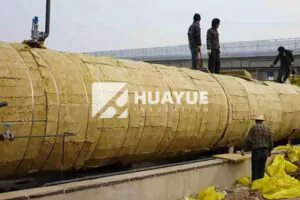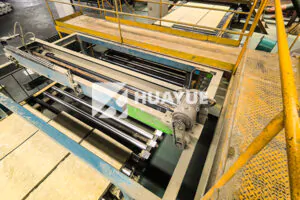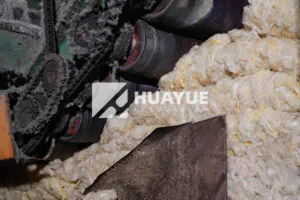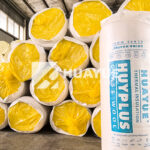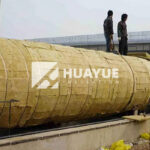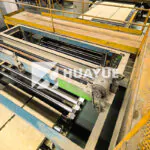Is rockwool better than fiberglass?
Noise, temperature, and safety concerns often make picking the right insulation a tough job. Getting the best performance for your project can feel overwhelming.
Rockwool usually outperforms fiberglass due to its higher density, better soundproofing, and added fire resistance. For projects that need top thermal and acoustic performance, rockwool is the way to go.
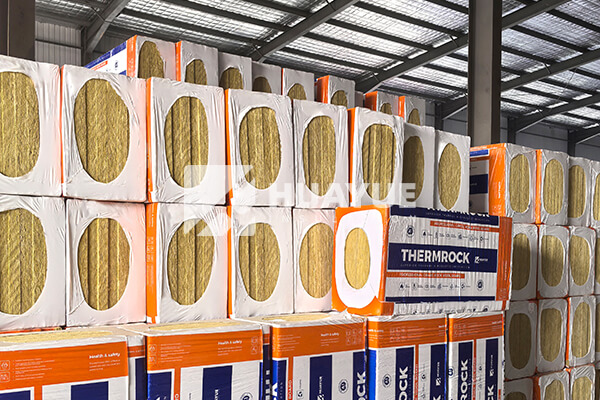
When I look at the debates on building insulation, I often think about what actually matters at the jobsite. We want materials that perform well, last long, and keep people safe. Cost is important, but cheap fixes can mean more headaches later. I learned this from my own experience with customers who came back years later frustrated by sagging, damp batts or fire risks. Let’s walk through the facts to help you decide what’s right for your project and your budget.
How does insulation even block sound and heat?
Constant exposure to noise—and the need for energy savings—forces plant engineers and homeowners to look for real solutions. The wrong insulation can let noise leak and bills rise.
Dense materials like rockwool and fiberglass slow down sound waves and heat. Rockwool, with its higher density, blocks more air movement and sound. Fiberglass still absorbs sound and heat, but not as much as denser rockwool.
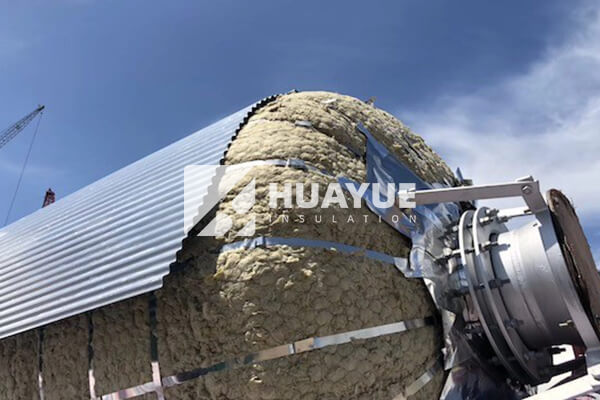
Sound and heat both travel through space by bouncing off particles and moving through gaps in materials. The more dense the insulation, the fewer air pockets are available for sound and heat to travel. Rockwool (also called mineral wool) is made by melting stone and spinning it into tough fibers, packed tightly together. Fiberglass is made from melted glass spun into lighter, softer mats. Both products come in loose-fill and batt forms.
Below is a simple comparison on how each material stops sound and heat:
| Insulation Type | Density | Sound Block (STC) | R-Value (per inch) | Application |
|---|---|---|---|---|
| Rockwool | High | 45 – 52 | 3.2 – 4.0 | Walls, exteriors |
| Fiberglass | Lower | 33 – 39 | 2.2 – 3.4 | Walls, attics, int. |
Choosing the right insulation makes a noticeable difference soon after installation. In my experience, when plant engineers like Hans Müller want to block noisy pumps or protect cryogenic tanks, rockwool gives the peace of mind they need.
What are rockwool’s strengths and weaknesses?
Everyone wants insulation that lasts and keeps mold and fire away. But some worry about cost or heavy materials.
Rockwool from HUAYUE brings top noise reduction, fire resistance, and won’t rot or mold. It’s more expensive and heavier than fiberglass, but its performance lasts for years.
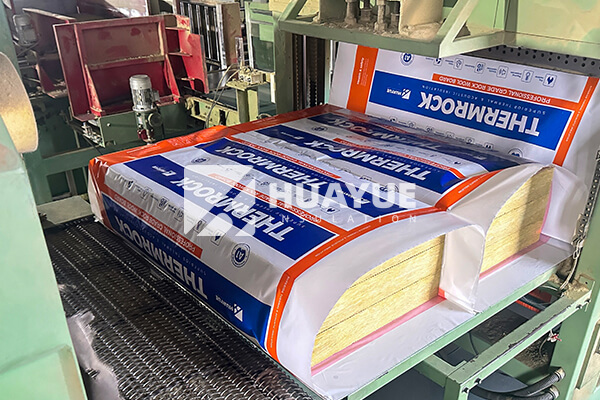
As a manufacturer, I see rockwool as the “workhorse” of tough insulation jobs. Its biggest advantages are:
- Stops more noise and vibration
- Handles high heat and open flames (melting point >1000°C)
- Blocks mold, fungus, and bacteria because it is inorganic
- Keeps its shape; it doesn’t sag inside walls
But any material has tradeoffs. Rockwool is heavier, so carrying bundles to an upper floor or over large tanks means more effort. The production process is energy-intensive, making it pricier than fiberglass. For Hans Müller in Germany, the added cost is balanced by savings in reduced tank repairs, less downtime, and hassle-free yearly inspections.
| Feature | Rockwool Advantages | Rockwool Disadvantages |
|---|---|---|
| Soundproofing | Best in class | Heavier to handle |
| Fire resistance | Outstanding | More expensive |
| Moisture/Mold | Resists both | |
| Long-term shape | Keeps structure |
The best fit for rockwool? Facility exteriors, high-temp tanks, or anywhere moisture and fire risk are top concerns.
How does fiberglass compare for insulation projects?
Sometimes budgets are tight, or speed matters more than premium features. In these cases, many contractors reach for fiberglass.
Fiberglass is light, easy to work with, cheap, and available everywhere. It can fill gaps quickly, but won’t last as long in humid or demanding conditions.
While working alongside facility engineers, I’ve seen fiberglass go in fast, especially in tight deadlines. The material is soft, so it’s easy to cut and cram into any gap. Its fire safety is good, but not the best. Over time, though, I’ve seen it slump inside steel panels—reducing its insulation value and letting through more sound.
Water is a critical weakness for fiberglass. If moisture leaks into the insulation, it loses strength, sags further, or even gets moldy. That’s why it is best used indoors: in attics, office walls, and ceilings away from leaks.
| Feature | Fiberglass Advantages | Fiberglass Disadvantages |
|---|---|---|
| Cost | Low | R-value drops over time |
| Weight | Very lightweight | Prone to sagging |
| Ease of install | Simple, fast | Irritates skin, lungs if exposed |
| Fire safety | Good | Lower melting point than rockwool |
Which one stands up better over time?
Nothing disappoints more than upgrading a facility and finding sagging, weak insulation only a few years later. I learned this from early projects where cheap fixes led to costly replacements.
Rockwool keeps its density and shape even as years pass. Fiberglass is cheaper but loses performance as it settles or if it gets wet.
Long-term durability is essential for assets like chemical tanks or plant piping. HUAYUE’s rockwool keeps performing because it shrugs off moisture, temp swings, and vibration. It’s also naturally pest- and bacteria-proof. Fiberglass might be fine for light-duty interior use, but for decades-long projects, it gives up its insulating power much sooner.
| Lifespan Factor | Rockwool | Fiberglass |
|---|---|---|
| Shape retention | Excellent | Poor (sags) |
| Water resistance | Hydrophobic | Needs vapor barrier |
| Mold resistance | Strong | Fair |
| Longevity | 30+ years | 10–20 years |
Conclusion
For demanding jobs where performance, durability, and safety are non-negotiable, I always trust HUAYUE rockwool over fiberglass. It may cost more, but the value lasts for decades.
You may also be interested in:
Ready to Get Started?
Get in touch with our experts for personalized solutions tailored to your needs.
Get Free QuoteLatest Articles
Let's Work Together
Ready to take your business to the next level? Get in touch with our team of experts and let's discuss how we can help you achieve your goals.
Get Free Solutions
